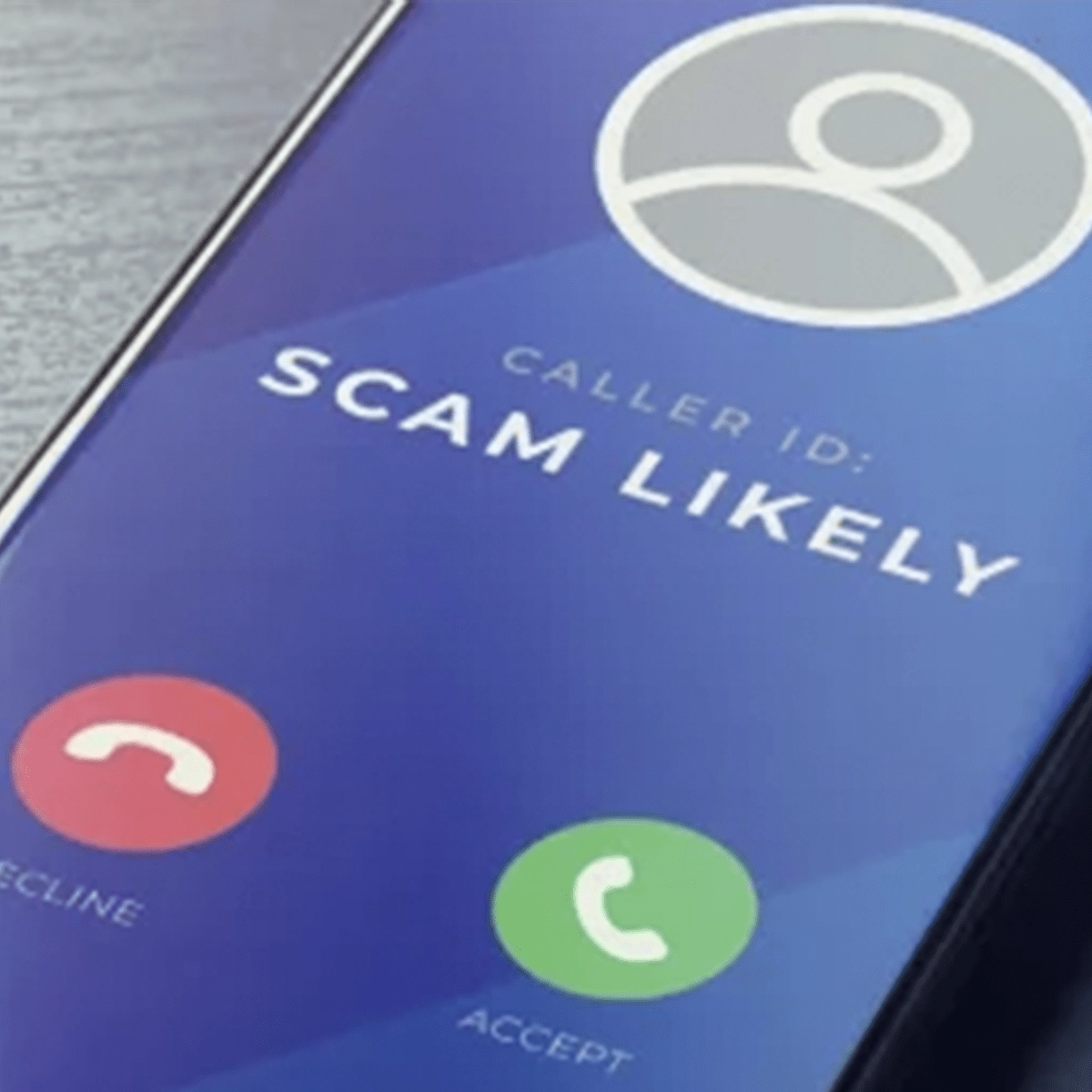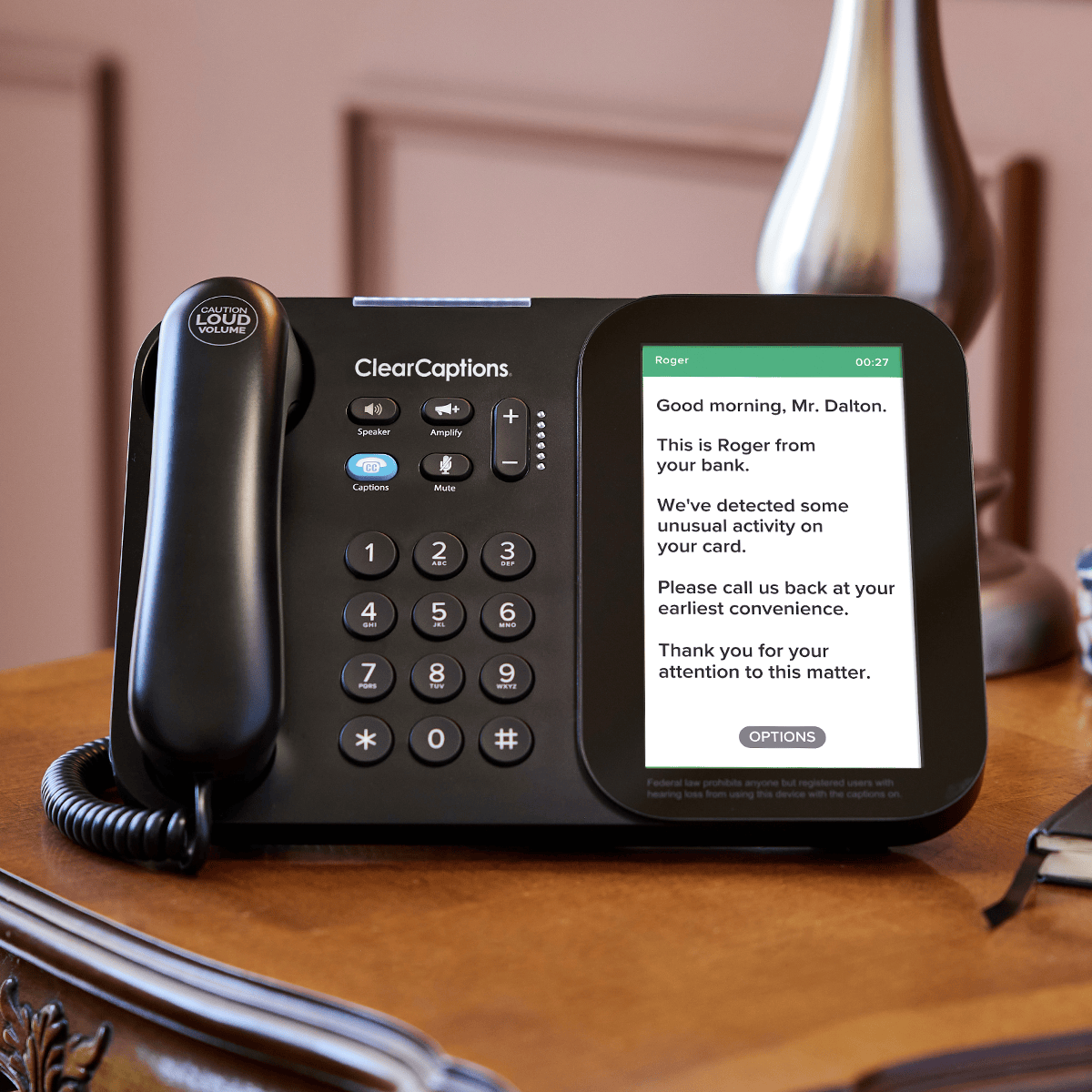How to Identify, Block, and Report Scam Calls


Key Takeaways
- Phone scams affect nearly 1 in 3 Americans each year.
- There are four popular types of phone scams: robocalls, voice cloning, computer tech support calls, and romance scams.
- Never give out personal information or money to strangers over the phone.
- Scammers will either call your phone or send a text.
- If you are a victim of a phone scam, call the police or Adult Protective Services. You should also close your credit cards, alert your bank, and file a claim with the FTC.
“Grandma, I’m in jail and need $5,000 for bail!”
You pick up the phone, and the voice on the other end sounds exactly like your grandson, but something feels off. Your instincts are right; this is likely a scam using sophisticated technology designed to trick you into sending a stranger your hard-earned money.
Nearly 1 in 3 Americans are involved in phone scams every year. These scams are becoming increasingly sophisticated, targeting people of all ages, but seniors are particularly vulnerable. According to the National Council on Aging, older adults lose an estimated $3 billion each year to financial scams.
Unfortunately, these scams aren’t going anywhere. The best way to protect yourself from falling victim is to learn how to identify a scam call.
Let’s break down the four most common types of phone scams targeting seniors today:
- Robocalls: These types of scams use automated calls designed to trick you into providing personal information over the phone. Once you pick up, an automated voice will lead you to believe you have won something, such as a free trip or lottery winnings. Remember: if something sounds too good to be true, it probably is. Robocallers might also pose as trusted organizations, like your bank, the IRS, or an insurance provider. Don’t be fooled; they are only after your information.
- Voice cloning: When you answer the phone, the voice may sound exactly like your loved one, creating a false sense of trust. Scammers who participate in voice cloning scams typically create urgent scenarios, such as medical emergencies, legal troubles, or immediate financial needs, to pressure you into sending money. To verify the caller’s identity, ask specific personal questions only the real family member or friend would know, or simply hang up and call them directly.
- Computer tech support calls: These scams take advantage of seniors and the confusing world of cybersecurity and the internet. If someone calls to fix your internet connection or remove malware for a price, hang up and contact your trusted tech support provider directly. Legitimate tech companies and support representatives will not make unsolicited calls. While technology can sometimes seem scary or intimidating, having a basic understanding of the technology you use daily can give you the confidence you need to protect yourself from potential scams
- Romance scams: These scams take advantage of your human need for companionship and friendship. Romance scammers will invest weeks or months building trust through fake profiles online that establish relationships with seniors looking for friendship or romance. Once they’ve gained your confidence, they will call and ask for large amounts of money to help with their bills or pay for tickets to visit you. If someone you’ve never met in person asks for money, consult with trusted family members or friends before taking action.
Preventing Financial Loss from Phone Scams
These types of scam calls increase every year. Keep your personal information safe by making it harder for scammers to commit fraud by following these steps:
- Learn how to identify a scam call.
- If you think you have picked up a scam call, hang up the phone immediately.
- Never give out personal information, including name, address, credit card information, or bank account numbers.
- Do not wire money or information to people or businesses you do not know. Anyone asking for payment via cash, gift cards, or by wiring money should raise a big red flag.
- Do not answer unknown phone numbers. Instead, let them go to voicemail. After playing back your message, you can decide whether the call is legitimate. Click here to learn how to set up your ClearCaptions answering machine or voicemail.
- Learn how to block scam-likely calls.
- Download a robocall-blocking app on your mobile device. Before downloading any app, read the reviews and ask for help if needed.
- Don’t press any keys or respond to prerecorded messages. This notifies the scammer that your phone number is active, which may lead to more scam calls.
- Contact the Federal Trade Commission to learn how to report a scam phone number and add yourself to the National Do Not Call Registry.
Advanced Phone Scams: Understanding Modern Scam Tactics
Just as scams are becoming more frequent, scammers are getting smarter. They will use technology to do everything from disguising their voice to sending a fake phone number to your caller ID.
If this happens, don’t panic. Hang up and call a trusted friend or family member for help.
Text scams are also becoming more common. If you ever receive a text with a link from a number you do not recognize, do not click on it. You should ignore, delete, and report it.
I Was A Victim of a Scam. What Next?
Remember, you’re not alone! You may feel embarrassed and not want to tell anyone about being a victim of a scam, but doing nothing will only make the situation worse. Reach out to a trusted friend, family member, or caregiver. If you suspect you have fallen victim to a scam, contact your bank or credit card company immediately, and be sure to close any card or accounts that may have been compromised. You can also file a complaint with the Federal Trade Commission (FTC) at ftc.gov/complaint, and reach out to Adult Protective Services in your area for additional support and resources. Make sure to keep a record of all communications with the scammer and all actions taken since discovering the fraud.
Don’t let perpetrators take advantage of you. Stay up-to-date on the different types of fraud and learn how to block scam calls when you get them. Don’t be afraid to ask for help to take the necessary steps to protect yourself and your loved ones from scam calls.
How ClearCaptions Can Help
One thing that may help you identify potential phone scams is a caption phone from ClearCaptions. Our Caption Phones provide near-real-time phone captions of your caller’s words on a large screen connected to your phone. By helping you hear and read everything your caller is saying, these captions give you a more complete understanding of the conversation, enabling you to better recognize suspicious calls and make informed decisions about how to respond.
At ClearCaptions, your privacy and information security are incredibly important to us. We adhere to the rules and requirements of the Federal Communications Commission (FCC) to ensure your privacy over the phone is always protected.
Reach out to us today to learn more!
Frequently Asked Questions
Learn more about how to identify a scam call by reading these frequently asked questions.
How can I tell if a phone call is a scam?
Phone scams try to trick you, but luckily, there are ways to identify them first. Many scammers:
- Start the conversation by saying that there is an emergency.
- Mention that you won a big prize, but you need to pay first.
- Say they are from the government or another important institution.
- Ask you to send them gift cards or money.
Generally, one of the biggest red flags is when a person is pushy about asking for your personal information, such as your bank account number, Social Security number, or passwords. If you feel scared, rushed, or uneasy by a caller, it’s probably a scam.
What should I do if I accidentally answer a scam call?
If you accidentally answer a scam call, don’t worry! Just hang up right away. As long as you haven’t given them any information, said yes to any questions, or sent money, your risk is low.
When you hang up, write down the phone number and report it to the police or the Federal Trade Commission (FTC). Tell your family what happened and monitor your bank and credit card accounts.
Can scammers really sound like my family members?
Yes, scammers can trick you by pretending to be a family member. They use special computer tools to copy voices and the internet to gather personal information on you and your family members. They might say things like, “Grandma, I’m in trouble and need money,” or “Grandpa, I’ve been arrested.” Their goal is to play on your emotions to trick you into giving money or personal details.
If someone who sounds like family calls asking for money, hang up. Dial your family member’s actual phone number to confirm if the call was genuine.
What’s the best way to block scam calls?
This is how you can block scam calls. First, you can ask your phone company about free call-blocking tools.
You can also put your number on the Do Not Call list. These steps won’t stop all scam calls, but they will help block many unwanted calls.
What should I do if I gave a scammer my information or money?
If you provided information or money to a scammer, try not to panic. You just need to act quickly. Here are some things you can do:
- Call a trusted friend or family member for help protecting yourself and your information.
- If you have shared your bank information, call your bank immediately to report the issue.
- Take the same steps if you shared credit card details.
- Change the passwords for any accounts you mentioned.
- Put a freeze on your credit report by calling the credit bureaus.
- Report the scam to the FTC.
- If you sent money through a wire transfer or gift card, contact those companies immediately.







